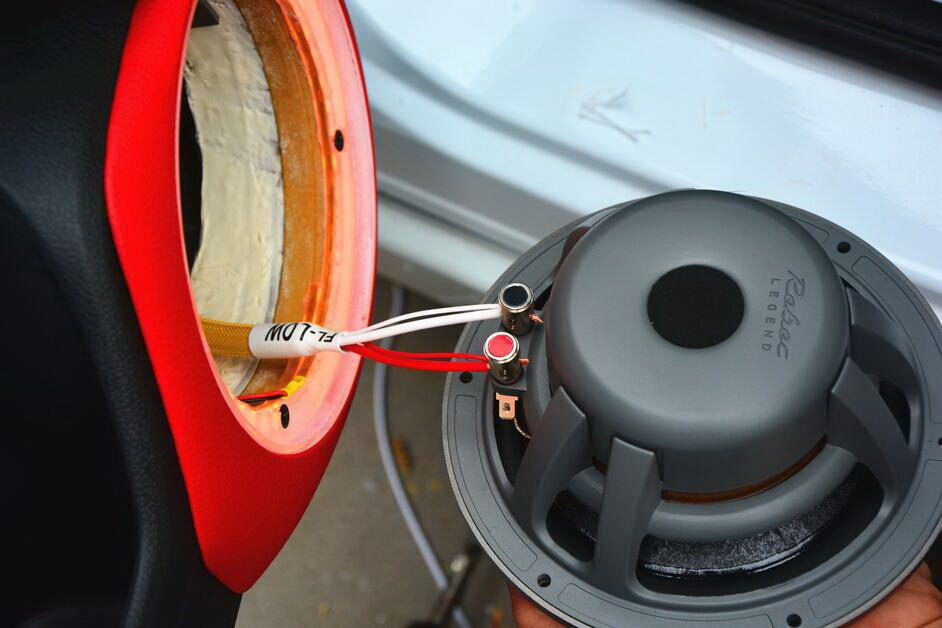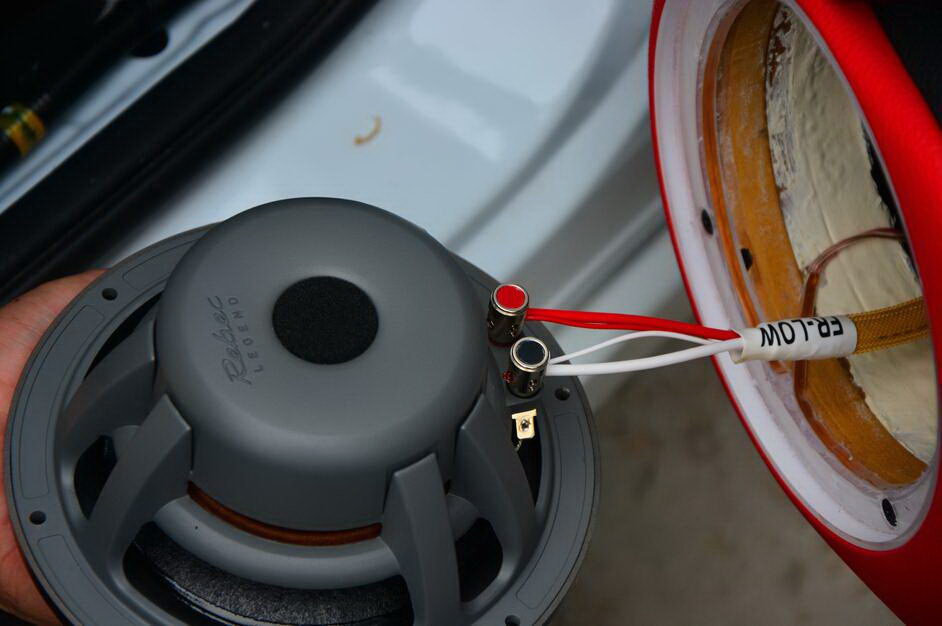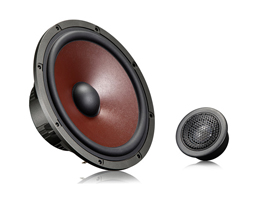Modification
What should I do if the car horn doesn't sound or makes an abnormal noise
Add Date:2018/6/22 Clicks:
The car horn is a device that is frequently used when driving. If it is often used with single tone, poor sound quality, good or bad, and sometimes does not ring, it will bring a lot of inconvenience to the car owner. What should I do if the car horn doesn't sound or makes abnormal noise? How to carry out routine maintenance and self inspection of the car horn When the above faults occur to the horn, it is necessary to distinguish between the circuit fault and the fault of the horn itself.
Let's see how the horn works first. When the horn button on the steering wheel or other positions is pressed, the current from the battery will flow to the solenoid coil of the horn relay through the circuit, and the moving contact switch of the solenoid coil attraction relay will be closed, and the current will flow to the horn. The current makes the electromagnet inside the horn work, so that the vibrating membrane vibrates and makes sound.
The line fault is mainly due to the virtual connection of the line, such as: loose horn plug terminal, ablation of horn relay contact, poor contact of horn switch at the steering wheel, etc. However, in many horn failures, especially in winter, the horn itself has more problems.

In combination with our use environment and other factors, the failure of the horn itself is mainly caused by the following reasons:
1. Contact ablation: if the horn is sounded for a long time, it is easy to cause horn contact ablation and generate impedance. The current flowing through the electromagnetic coil is weakened, and the electromagnetic attraction drops, which cannot attract the armature to drive the diaphragm to vibrate normally, resulting in hoarse or even silent pronunciation. However, when the horn is continuously sounded, if the instantaneous strong current passes through the impedance, it can still work normally, so the car horn will sound when it does not sound.
2. It is easy to be damped if the seal is not tight: although the inside of the horn is sealed, if the horn enters the fog or there is water vapor in the air in the interior space when washing the car, the water vapor will easily cause the contact to be damped and cannot work normally.
3. Poor contact of solenoid coil terminals: the terminal connectors of the enamelled wire of the solenoid coil inside some loudspeakers are crimped with aluminum metal rivets, which are not firmly welded. If the insulating paint on the enamelled wire at the end is not cleaned or the rivet crimping is not firm, it is easy to generate a virtual connection fault, resulting in poor operation of the horn. This kind of failure is due to the quality of the horn and cannot be repaired. Only a new part can be replaced.

Precautions for the use of automobile horn:
1. When washing the car, remember to prevent the horn from getting wet, and blow the horn dry with an air gun as soon as possible in case of water ingress.
2. Try not to honk the horn for a long time, which may cause premature ablation of the horn contact.
3. If the horn fails, seek the help of a professional maintenance technician as much as possible. Do not replace the horn blindly, which may cause unnecessary waste.
Let's see how the horn works first. When the horn button on the steering wheel or other positions is pressed, the current from the battery will flow to the solenoid coil of the horn relay through the circuit, and the moving contact switch of the solenoid coil attraction relay will be closed, and the current will flow to the horn. The current makes the electromagnet inside the horn work, so that the vibrating membrane vibrates and makes sound.
The line fault is mainly due to the virtual connection of the line, such as: loose horn plug terminal, ablation of horn relay contact, poor contact of horn switch at the steering wheel, etc. However, in many horn failures, especially in winter, the horn itself has more problems.

In combination with our use environment and other factors, the failure of the horn itself is mainly caused by the following reasons:
1. Contact ablation: if the horn is sounded for a long time, it is easy to cause horn contact ablation and generate impedance. The current flowing through the electromagnetic coil is weakened, and the electromagnetic attraction drops, which cannot attract the armature to drive the diaphragm to vibrate normally, resulting in hoarse or even silent pronunciation. However, when the horn is continuously sounded, if the instantaneous strong current passes through the impedance, it can still work normally, so the car horn will sound when it does not sound.
2. It is easy to be damped if the seal is not tight: although the inside of the horn is sealed, if the horn enters the fog or there is water vapor in the air in the interior space when washing the car, the water vapor will easily cause the contact to be damped and cannot work normally.
3. Poor contact of solenoid coil terminals: the terminal connectors of the enamelled wire of the solenoid coil inside some loudspeakers are crimped with aluminum metal rivets, which are not firmly welded. If the insulating paint on the enamelled wire at the end is not cleaned or the rivet crimping is not firm, it is easy to generate a virtual connection fault, resulting in poor operation of the horn. This kind of failure is due to the quality of the horn and cannot be repaired. Only a new part can be replaced.

Precautions for the use of automobile horn:
1. When washing the car, remember to prevent the horn from getting wet, and blow the horn dry with an air gun as soon as possible in case of water ingress.
2. Try not to honk the horn for a long time, which may cause premature ablation of the horn contact.
3. If the horn fails, seek the help of a professional maintenance technician as much as possible. Do not replace the horn blindly, which may cause unnecessary waste.


















